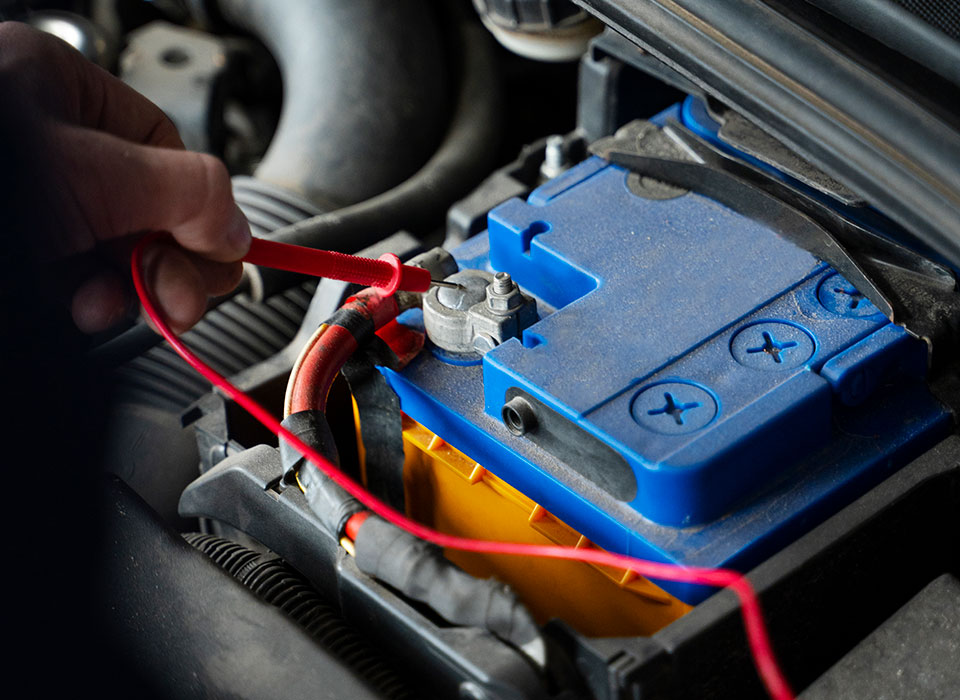How to Choose the Right Battery for Your Vehicle
Selecting the right battery for your vehicle is crucial for ensuring optimal performance and longevity. With a multitude of options available in the market, choosing the perfect battery can seem daunting. However, by considering certain factors and following expert advice, you can easily find the ideal battery that meets your vehicle’s requirements. In this comprehensive guide, we’ll walk you through ten essential points to help you choose the right battery for your vehicle.
1. Know Your Vehicle’s Requirements
Before diving into the battery selection process, it’s essential to understand your vehicle’s specific requirements. Check your owner’s manual or consult with a trusted mechanic to determine the correct battery size, type, and specifications recommended for your vehicle.
2. Consider Vehicle Battery Size and Type
Vehicle batteries come in various sizes and types, including lead-acid, AGM (Absorbent Glass Mat), and lithium-ion. Consider the physical dimensions of the battery to ensure it fits your vehicle’s battery compartment, and choose the type that best suits your driving needs and climate conditions.
3. Assess Cold Cranking Amps (CCA)
Cold Cranking Amps (CCA) measure a battery’s ability to start the engine in cold weather conditions. Higher CCA ratings are essential for vehicles operating in colder climates, as they provide increased power to start the engine in freezing temperatures.
4. Determine Reserve Capacity (RC)
Reserve Capacity (RC) indicates how long a battery can sustain essential vehicle functions in case of alternator failure or electrical system issues. Higher RC ratings are beneficial for vehicles with additional electronic accessories or frequent short trips.
5. Check Compatibility with Vehicle Electronics
Modern vehicles are equipped with various electronic features and accessories that draw power from the battery. Ensure the selected battery is compatible with your vehicle’s electronics and can provide sufficient power to support all electrical components.
6. Consider Warranty and Brand Reputation
Invest in a reputable battery brand that offers a solid warranty to ensure peace of mind and reliable performance. Research customer reviews and feedback to gauge the brand’s reputation for quality and longevity.
7. Evaluate Maintenance Requirements
Choose between maintenance-free and low-maintenance batteries based on your preferences and maintenance capabilities. Maintenance-free batteries require minimal upkeep, while low-maintenance batteries may require periodic checks and topping off of electrolyte fluid.
8. Assess Longevity and Durability
Consider the expected lifespan and durability of the battery, as well as factors that may affect its longevity, such as climate, driving habits, and usage patterns. Opt for a battery with a proven track record of reliability and durability to minimize the need for frequent replacements.
9. Compare Pricing and Value of Vehicle Battery
While price is an important factor, consider the overall value offered by the battery, including its features, performance, and warranty coverage. Compare pricing from different retailers and consider the long-term benefits of investing in a high-quality battery.
10. Consult with Experts
If you’re unsure about which battery to choose for your vehicle, don’t hesitate to seek advice from automotive professionals or battery specialists. They can provide personalized recommendations based on your vehicle’s requirements and usage patterns.
Conclusion:
By considering these essential points, you can confidently select the right battery for your vehicle, ensuring optimal performance, longevity, and reliability. Invest in a high-quality battery that meets your vehicle’s specific needs, and enjoy hassle-free driving for years to come.
Also Read: The Ultimate Guide to Battery Maintenance: Tips for Longevity and Performance




